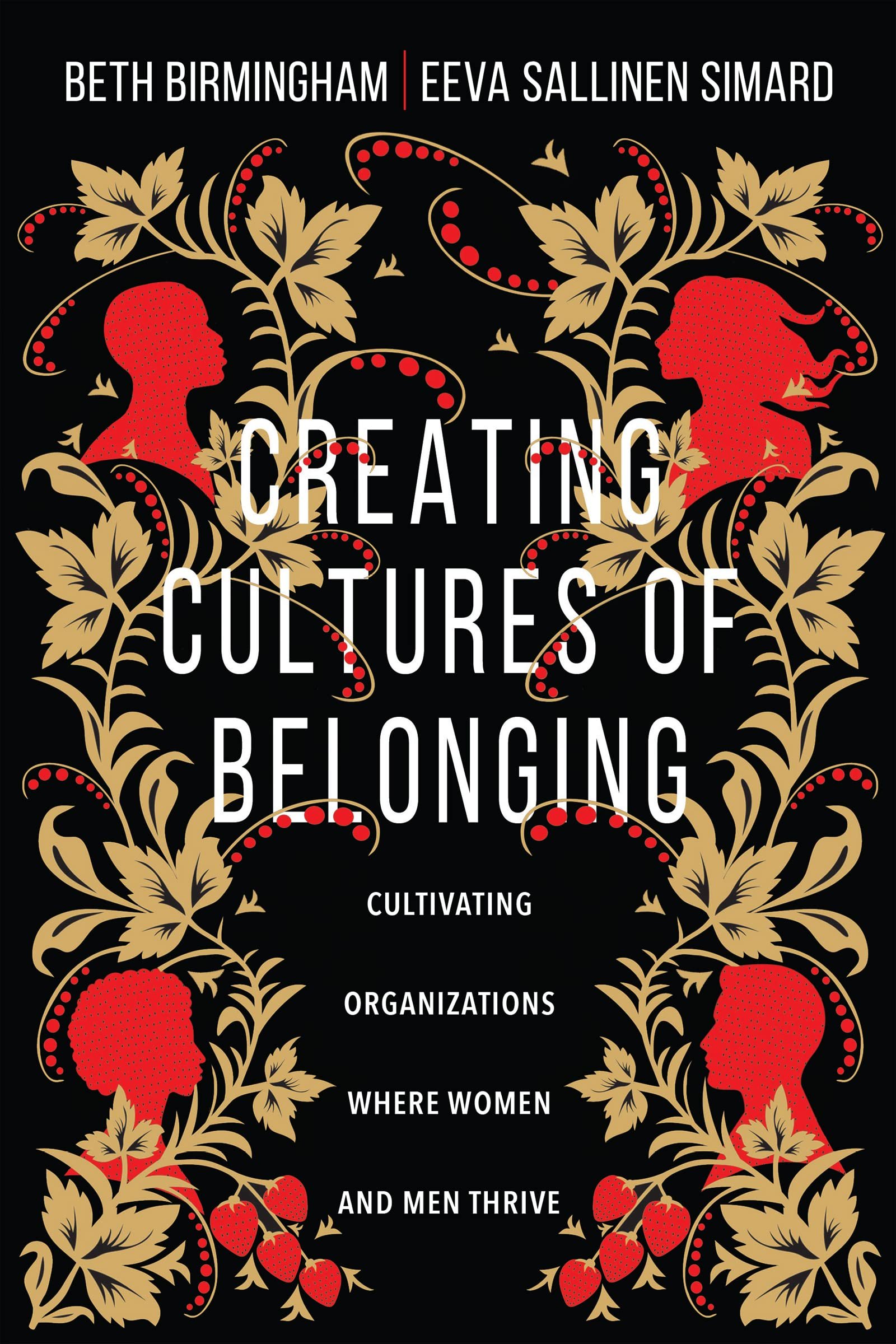Creating Cultures of Belonging
Faith-based organizations have a gender problem. While these organizations are staffed by just as many women as men, and while donations to these organizations come more often than not from women, they are still led overwhelmingly by men. Identifying the implications of this disparity and finding practical solutions are the central concerns of Creating Cultures of Belonging: Cultivating Organizations Where Women and Men Thrive (IVP) by Beth Birmingham and Eeva Sallinen Simard.
Before getting into my thoughts on the book, disclosure time. During grad school I studied with Beth Birmingham in a course on organizational leadership. She would open each class with a short reading from a book that has since become a favorite of mine, one I’ve reread possibly more than any other: Henri Nouwen’s In the Name of Jesus. The vision of leadership I gleaned from that book, and from those rich classroom discussions, is one that gives me hope when all around me I see the collateral damage of leadership debacles. There’s another way to lead, I remind myself. A way that is prayerful, relational, and vulnerable—and that its transformative power lies therein.
So, yes. In reading this book I’m biased. I’m biased because I know the kind of leadership Dr. Birmingham teaches, the kind of leadership she lives. I know it and am compelled by it.
Birmingham and Sallinen Simard have worked within a number of faith-based institutions. They know what it’s like to be part of a healthy, life-giving organizational culture. And they have enough life experience to see the warning signs when something’s not right. They want organizations to do better work, and to be better places to work.
Significantly, the authors ground this “love letter to faith-based organizations” in theology, in data, and in their own personal experiences.
While there are churches that sincerely hold complementarian views regarding women in pastoral leadership, faith-based parachurch organizations (with apologies to the IRS) are not churches. And vice versa. Nonetheless, when a parachurch organization is governed by theological beliefs precluding women from serving in leadership positions, this organization has the ethical responsibility to disclose that fact up front. A talented woman with legitimate leadership gifts deserves to know that this is not an organization that will value her personal and professional growth.
Men deserve to know that too. In my many years working for faith-based nonprofits, I have worked on teams led by women and on teams led by men, and I can tell you I would not want to work for an organization that, as a matter of policy (stated or otherwise), restricts leadership positions to men. Some of the most talented, creative, and tenacious leaders and colleagues I’ve had the privilege of working with have been women. Teams without full female participation are not better teams. They’re just not.
New research confirms that organizations with a gender gap are at a competitive disadvantage. For one thing, as older generations retire and new generations join the workforce, these younger workers take it for granted that qualified women should lead—and that young women should be given equal opportunities to gain those qualifications. Organizations with a glass ceiling will struggle to hire and retain the smartest and best employees. Without these folks on the team, they won’t be as effective in solving the very problems they exist to address. (The implications here for donor bases should be obvious.)
I hope this book is read far and wide within faith-based nonprofit circles. I hope it’s read by executives and boards, that its arguments are taken seriously in those rooms where organizational possibilities take shape. I hope it’s read by donors who, through their partnership in an organization’s mission, have earned the right to nudge leaders in healthy new directions. And I hope it’s read by lots of people like me: mid-level leaders who don’t necessarily have the power to change an organization overnight, but whose day-to-day words, actions, and priorities can and do make a real difference for the actual women and men we have been entrusted to lead.
I would love to see the entire faith-based nonprofit sector become equitable and dignity-affirming; may it begin today, with my team and the shared work God has given us to do.
